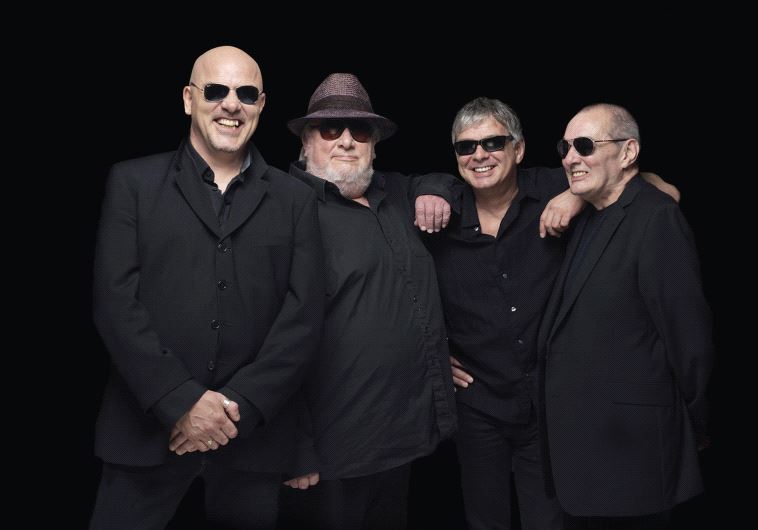Legendary British punk rock band The Stranglers refuse to be intimidated by BDS
The Stranglers emerged as one of the first and longest-lasting bands of the punk era.
 Legendary British punk rock band The Stranglers.(photo credit: RUBY STUDIO))Updated:
Legendary British punk rock band The Stranglers.(photo credit: RUBY STUDIO))Updated: